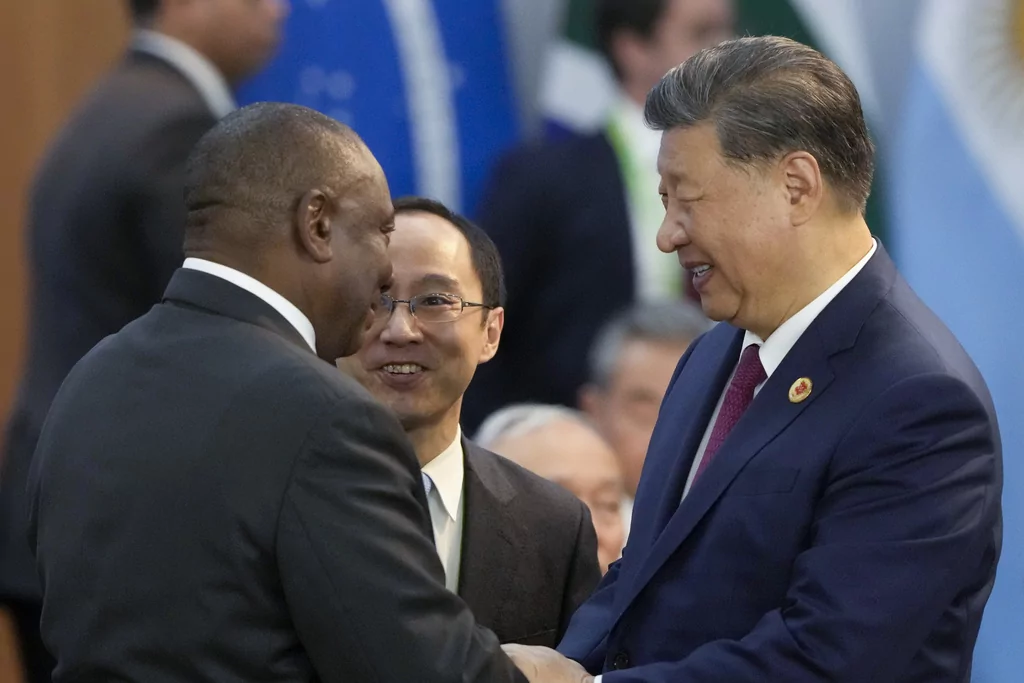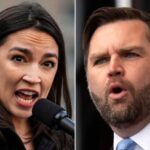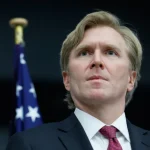
Relations between the United States and South Africa are at a low point as the country’s domestic and foreign policies run counter to the interests of the White House.
President Donald Trump and Secretary of State Marco Rubio have pointed to land expropriation laws and race-based policymaking as a stumbling block to bilateral cooperation, but a proxy battle between China and Taiwan is beginning to involve U.S. lawmakers as well.
The South African government began routinely warning its nation’s Taipei Liaison Office last year that its diplomatic mission must leave the capital city of Pretoria by the end of March — the latest warning letter was filed in January.
The government is also seeking to downgrade the TLO from a diplomatic mission to a mere trade office.

China applauded the eviction notice when it was first revealed in October, with Chinese Communist Party spokeswoman Mao Ning telling reporters that it was the “correct decision.”
“We appreciate South Africa’s correct decision to relocate the Taipei liaison office in South Africa out of its administrative capital, Pretoria,” said Mao. “Taiwan independence is unpopular and doomed to failure.”
South Africa remains one of the CCP’s top allies on the continent. It is a member state of the BRICS trade bloc and a participant in the Belt-and-Road Initiative.
In January, the CCP placed sanctions on Ivan Meyer, leader of the second-largest political party in South Africa, after he visited Taiwan, asserting that he broke the “one-China principle.”
These developments were eclipsed when Trump turned his ire on South Africa earlier this month over other policies his administration viewed as undesirable.
Trump signed an executive order on Feb. 7 sanctioning South Africa for its Expropriation Act 13 of 2024, a law allowing the government to seize private land without compensating the owner.
South African President Cyril Ramaphosa assented to the law on Jan. 23. The policy is widely seen as directly targeting the white Afrikaner minority, which owns disproportionate tracts of farmland even decades after the abolishment of apartheid.
Trump wrote that it is just one of “countless government policies designed to dismantle equal opportunity in employment, education, and business, and hateful rhetoric and government actions fueling disproportionate violence against racially disfavored landowners.”
U.S. lawmakers who see South Africa as a developing hotbed of Chinese influence on the continent seized the moment and threw their support behind the White House’s campaign.
Senate Foreign Relations Committee Chairman Jim Risch (R-ID) voiced support for Trump and Rubio’s hardnose attitude toward South Africa, specifically noting the Taiwan matter.
“I support [Rubio]’s decision not to attend the G-20. South Africa is a stooge for U.S. adversaries China and Russia, and it continues to bully Taiwan,” said Risch. “This is unacceptable, and it’s time to put maximum pressure on the ANC-led government.”
Sen. Ted Cruz (R-TX), who chairs the Senate Foreign Relations subcommittee on Africa, said he intends to investigate South Africa’s treatment of the Taiwanese diplomats.
“The South African government seems to be going out of their way to alienate the United States and our allies,” Cruz wrote on Feb. 4. “Their timeline to expel our Taiwanese allies from Pretoria is deeply troubling, undermines the national security interests of America and our allies, and will deepen tensions between the U.S. and South Africa.”
More recently, Rep. Andy Ogles (R-TN) filed a letter to Trump this week calling the South African government an “ethnonationalist gangster regime” and urging the president to “hold South Africa responsible for its egregious human rights abuses, unfounded vendetta against the State of Israel, and its embrace of the Chinese Communist Party.”
Taiwan continues to advocate its freedom to operate in Pretoria, but the deadline for its removal from the capital city is fast approaching.
CLICK HERE TO READ MORE FROM THE WASHINGTON EXAMINER
“MOFA reiterates that the Taiwan government remains steadfast in its refusal to accept the South African government’s unilateral violation of their bilateral agreement and that it will continue communicating with South Africa on the principles of parity and dignity,” the TLO said in its official statement regarding the order.
Ramaphosa is remaining defiant in the face of U.S. sanctions, accusing the superpower of attempting to bully his government.







